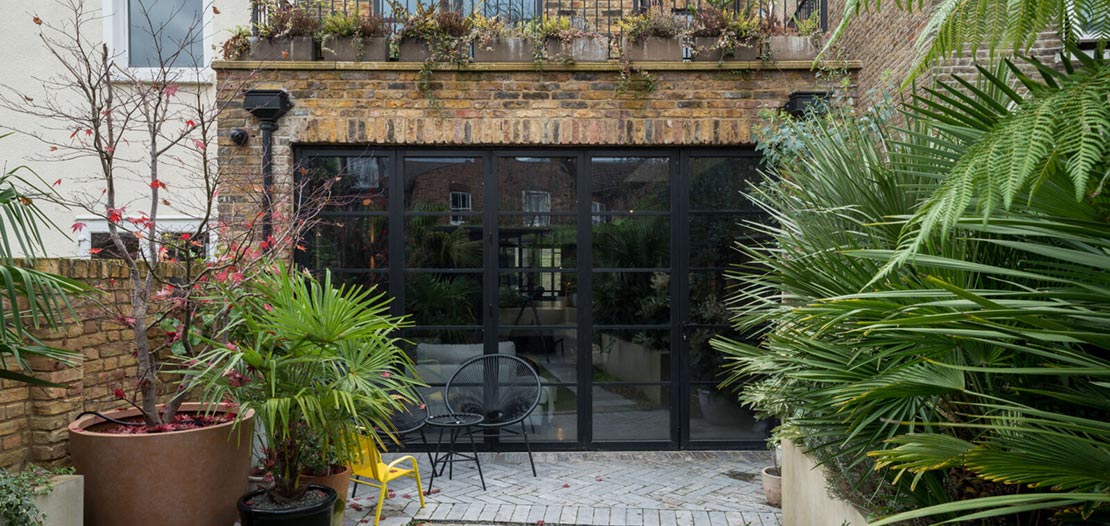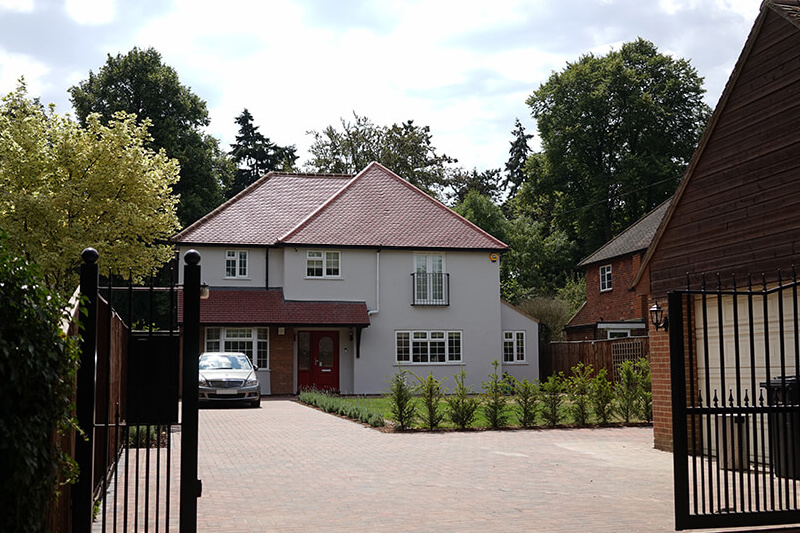
What Are Valid Reasons To Object To a Planning Application?
Objecting to a planning application can only be done if certain conditions are met. Otherwise, there's a high chance that the objection will be thrown out. It's important for anyone looking to obtain planning permission to ensure that their project will not interfere with existing arrangements in any negative way. Here are six valid examples of objections to a planning application.
1. Loss of privacy
Loss of privacy is by far one of the most common reasons for objecting to a proposed development, such as when architectural services in London propose a new multi-storey building next to existing residential structures. This often happens when the new building provides visual access into the existing homes in a way that was not possible before. Residents should not be expected to make arrangements to protect their own privacy in these situations.
2. Loss of light

Another common problem with large buildings is that they can block sunlight from entering certain buildings, especially lower ones. If a new project is going to result in a significant loss of sunlight for existing residents, that's a problem that will be taken seriously by planning officers.
3. Loss of scenery

A planning objection can also be made in cases involving loss of scenery. This is a more difficult subject to tackle, as it involves some subjective arguments. Some people might have perfectly valid objections in this regard, while others may simply use it in an attempt to shut down a project they disagree with for other reasons.
4. Excessive noise
New construction projects usually have to abide by certain regulations, including the amount of noise they're expected to produce. The UK has no zoning laws, meaning that it's easier to put up a commercial building next to residential ones (though it still requires some additional effort). People living in an area should not have to deal with anything that impairs their ability to live a normal life, including excessive noise.
5. Pollution
The same goes for pollution. This is an even more serious offence that can completely shut down a planning proposal right from the start, if residents are able to prove that the building is expected to emit a lot of pollution. However, some construction projects may still be able to slip through by making guarantees about their pollution levels and showing that they're prepared to invest in additional equipment if any problems arise.
6. Loss of road access

If a new building is going to interfere with residents' ability to get in and out of their homes via established roads, this could also be a valid reason for an objection. Workarounds may be acceptable here, but they must not result in any significant change in the lifestyle of people who already live in the area.
What else is there to know about planning objections?
- Not happy with an architect's drawn up plans? Learn how to object to a planning application in the UK.
- To succeed with a planning refusal you need to know how many objections you need.
There are many reasons to object to a planned construction project. Some of them carry more weight than others. It's important to plan ahead carefully and ensure that a project is not going to interfere with the way people live in any negative ways.
Clara Annesley
Clara Annesley is an interior design and construction content writer. She holds a BSc (Hons) in Architectural Design Technology from the University of West London. Clara specialises in residential construction for topics like health & safety, architectural design and writing cost guides for renovation and remodelling projects.